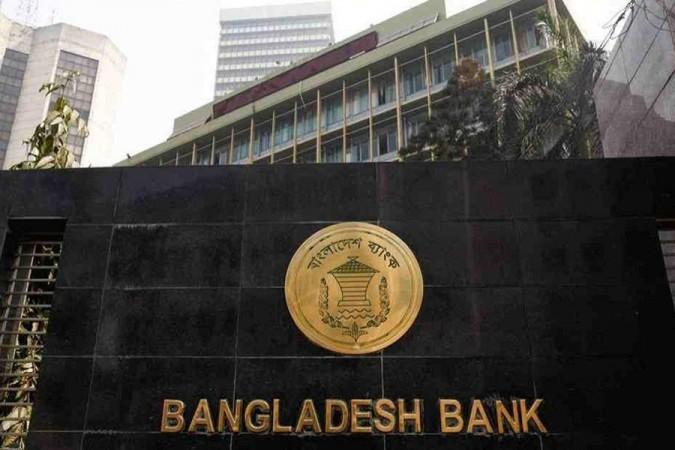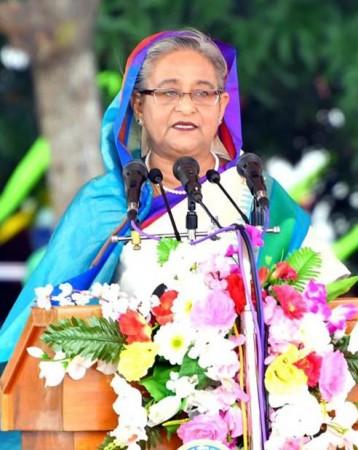
The central bank of Bangladesh has set a new cash withdrawal limit of 300,000 taka (2,542 U.S. dollars) via cheques per account per day starting from Sunday.
As per the latest circular from the Bangladesh Bank, commercial banks in the country are now required to limit cash withdrawals to 300,000 taka per account daily, up from the previous limit of 200,000 taka. Xinhua news agency reported.
On August 8, the Bangladeshi interim government imposed stricter controls, limiting cheque withdrawals to 100,000 taka.
The Bangladesh Bank also instructed banks to monitor transactions through cheques and block any suspicious transfer of funds.
The bank's decision follows the Bangladeshi interim government's directive for banking and financial sector reforms after the fall of the previous government on Aug. 5. (1 U.S. dollar equals about 118 taka).
Earlier, on Aug 8, the interim government imposed stricter controls, limiting cheque withdrawals to Tk 100,000.

Last week's directive had raised this limit to Tk 200,000.
The central bank has also advised banks to halt transactions if there is any suspicion involved.
Despite the cheque withdrawal limit, digital transactions remain unrestricted, allowing for any amount to be transferred electronically.
Bank officials reported an increase in withdrawals by politicians, businessmen, and officials after the change in power on Aug 5.
This prompted Bangladesh Bank's Banking Regulation and Policy Department to implement the latest controls.
The Bangladesh Financial Intelligence Unit, or BFIU, has instructed all commercial banks to exercise heightened vigilance over transactions involving political figures.
The BFIU issued this directive after a meeting with the chief anti-money laundering officers of various banks.
(With inputs from IANS)










